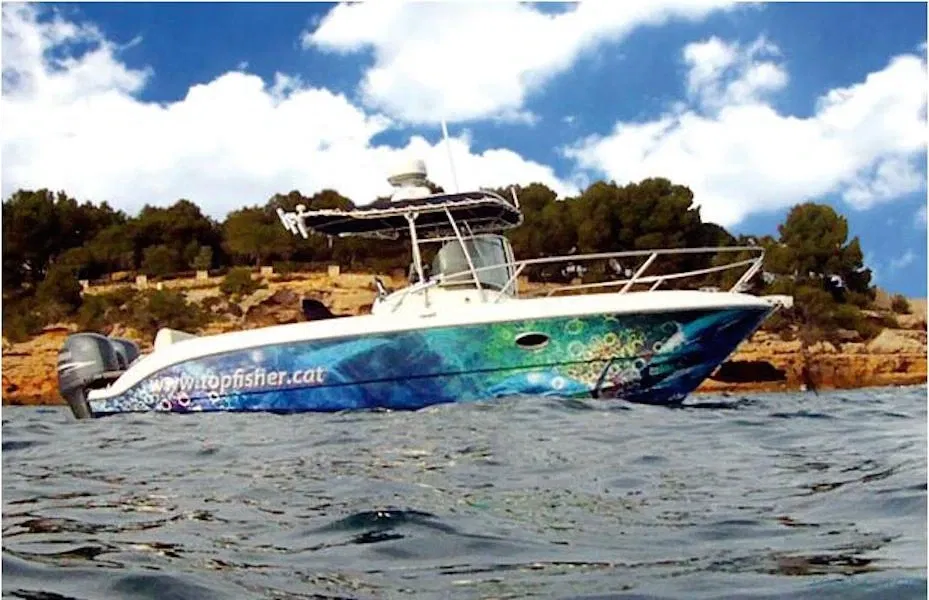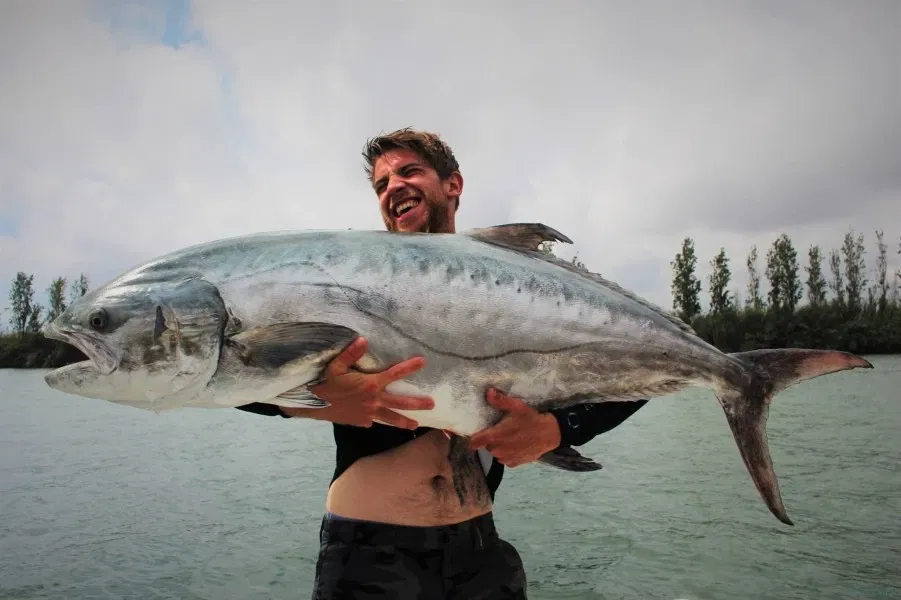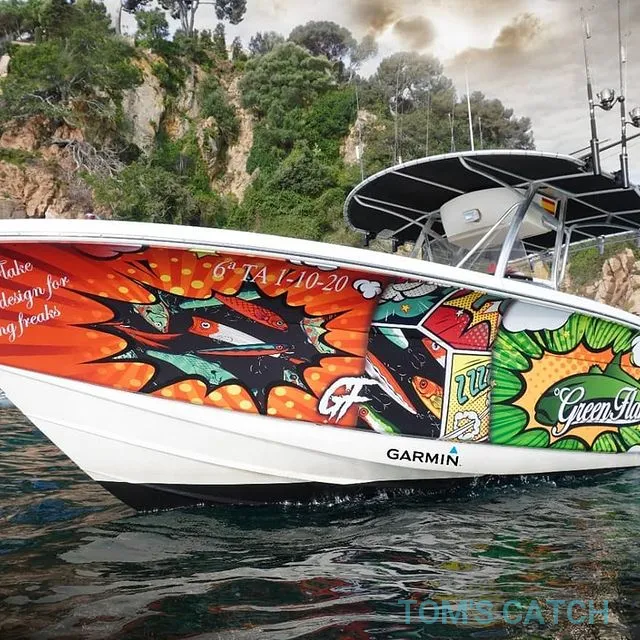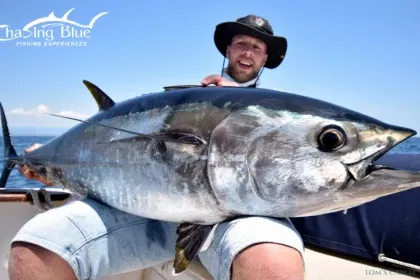Considering this, it’s no wonder that the Delta del Ebro is considered one of the best places for fishing along the Catalan coast, if not the very best place along all of Spain’s Mediterranean coast. Here are the top 5 fish species from the Delta.
Bluefin tuna
One of the most sought after species in the Delta del Ebro, bluefin tuna can grow up to 3.7m and weigh more than 600kg. Bluefin tuna are very strong and are well known amongst anglers for struggling when caught. They tend to dive deep, emptying the fishing rod’s reel.
When the tuna surfaces, you can use spinning techniques and throw larger lures so that when the tuna is close enough, poppers, stick baits and vinyl can be used to catch it. There’s certainly a lot of action when catching bluefin tuna and it can be spectacular to watch.
Another popular technique used to catch tuna is to drive a fishing boat at 7-10 knots and drag lures behind. However, perhaps the best technique to fish larger tuna is chumming, when you use a boat offshore and put sardines and mackerel overboard to attract the tuna. The best time to try this method is from April to September.
Bluefish
Bluefish are one of the finest species in the Delta del Ebro. One of the best techniques used to fish them is trolling, especially using artificial lures and natural bait such as small barracuda or garfish. Another technique to try is to fish using a boat in well-known areas, trying to provoke the fish to take a bite with stick baits, lures or poppers.
Bluefish can be found in the Delta del Ebro throughout the year but between April and October, they are found in abundance particularly close to the coastline and in shallow waters between 7-15m.
Leerfish
On the bucket-list of anglers and fishing enthusiasts is fishing for leerfish in the Ebro river and it's river mouth, as these brave fighters can reach up to 30kg! To catch them, you can use surface lures and poppers, but these large fish prefer a natural bait. Using espet/barracuda, needles and curricando, they can be caught in waters 4-15m deep. Leerfish first appear from early June.
Sea bass
During winter, you can fish for sea bass throughout the day with vinyl line in the river. If you catch a female sea bass, it’s advisable to drop it back as the females are breeding at this time of the year. The sea bass is most active during the morning and at dusk.
Catfish
As a freshwater fish, fishing for catfish in the Delta del Ebro will be concentrated upstream. Catfish go for bait and pellets (a manufactured bait that’s compressed with fish food) and they tend to be out during dusk and nighttime.
You can fish either from the shore or from a boat using well-chosen and strategically placed mounts. Catfish can be caught throughout the year, although the best time is from April to November when the water is usually above 12°C.

![Most popular fishing boats charters in Ebro Delta]() Most popular fishing boats charters in Ebro Delta
Most popular fishing boats charters in Ebro Delta













